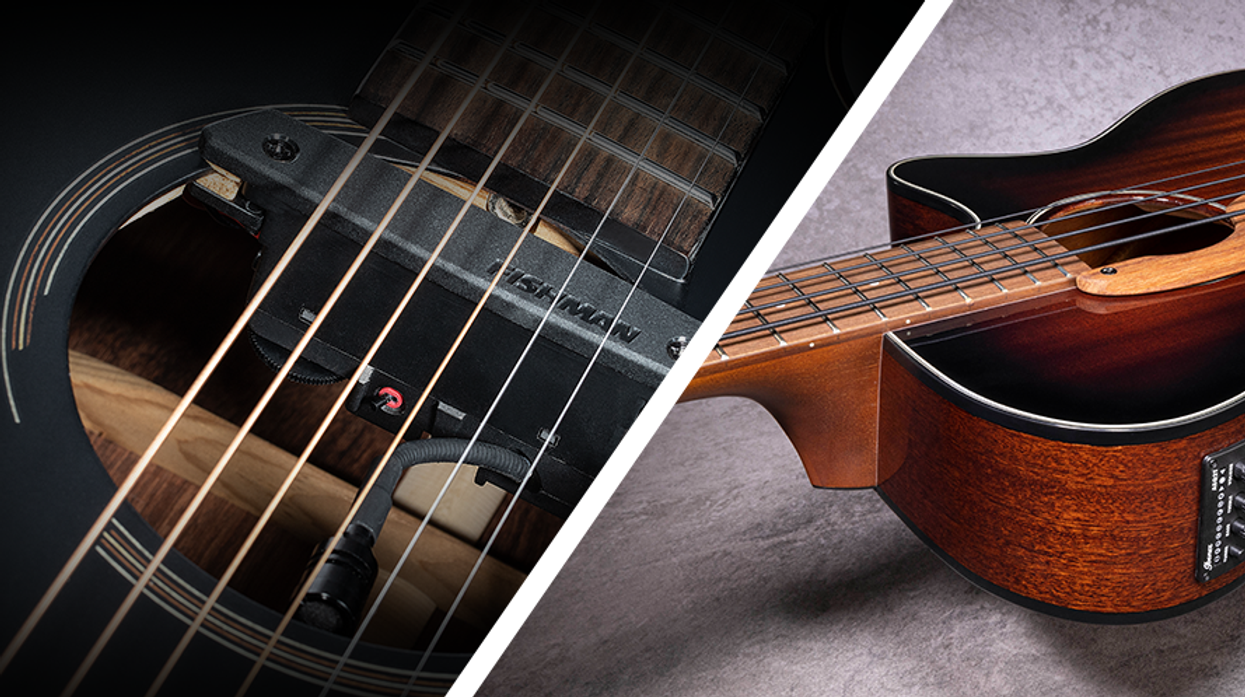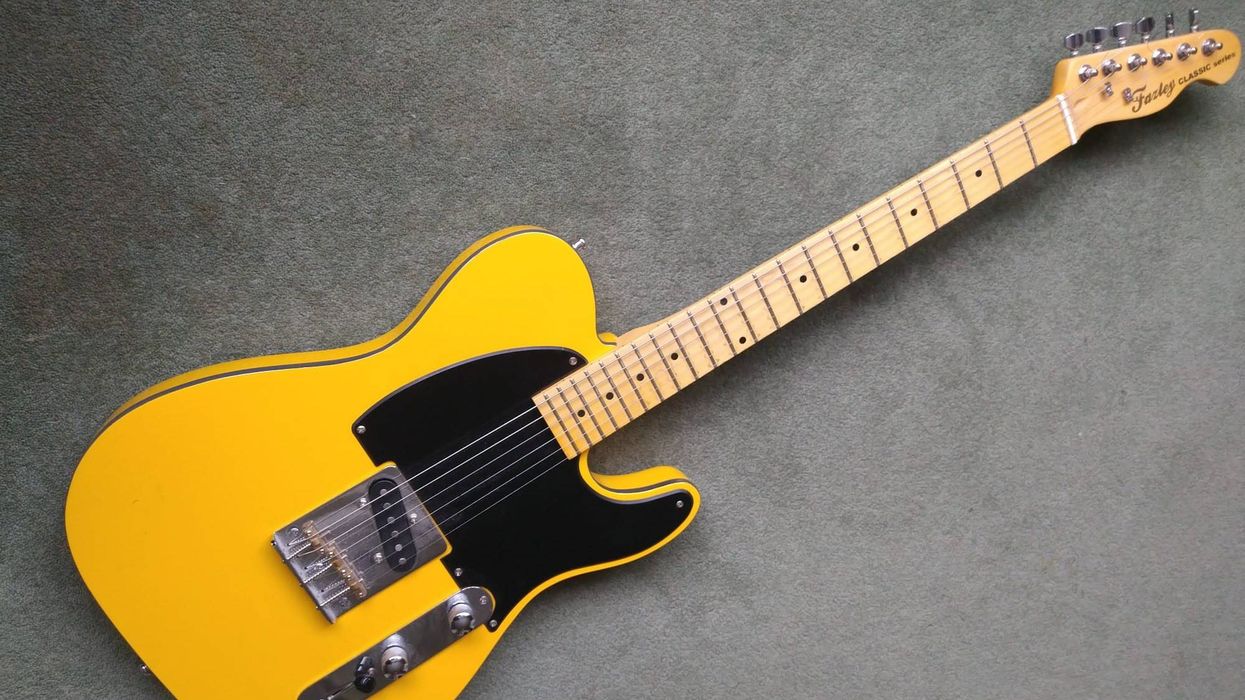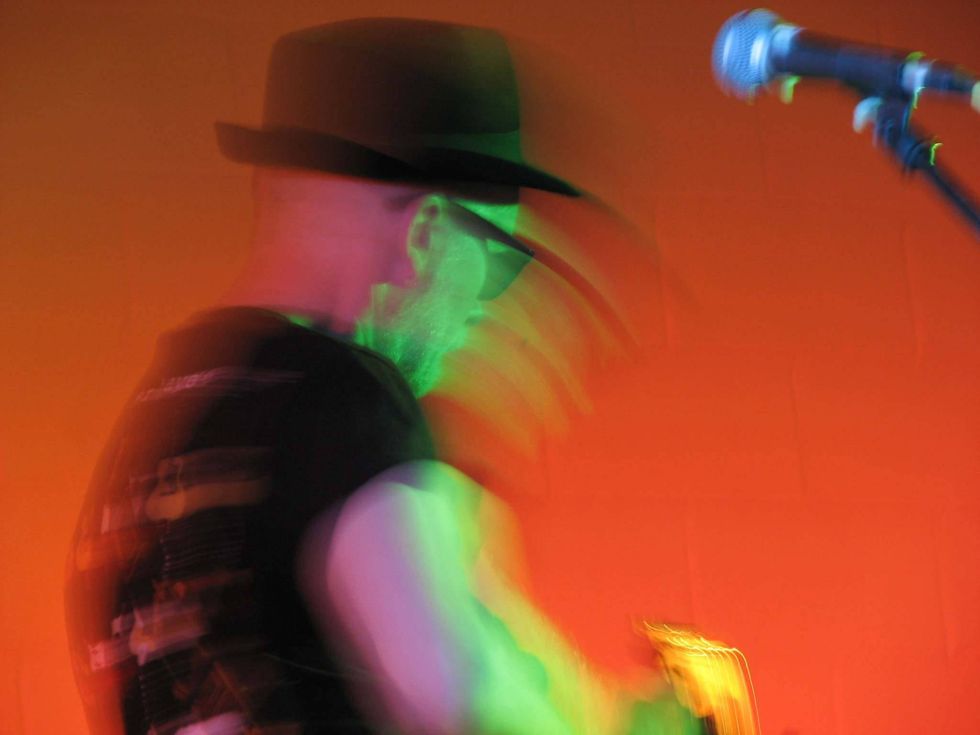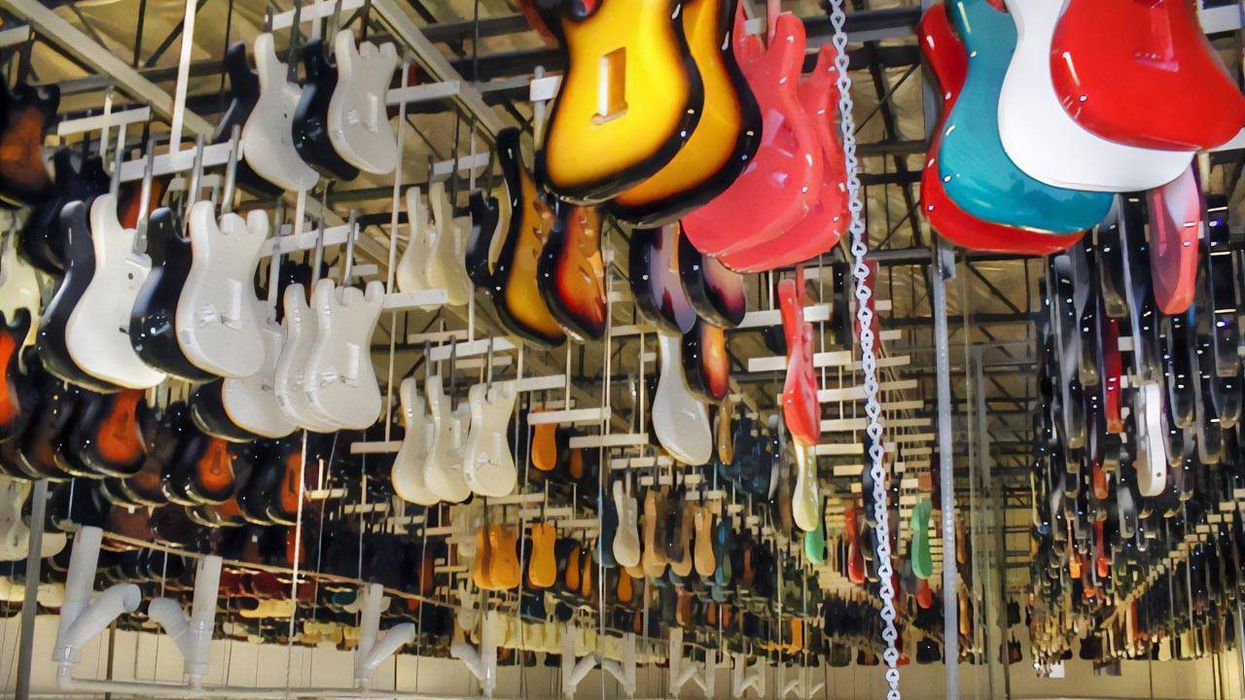I used to love Cap'n Crunch. Each morning before school I'd wolf down two huge glistening bowls of that chemical/sugar hybrid, then greedily slurp the sickeningly sweet milk pooled in the bowl. When I'd get home from school, I'd dig my unwashed, sticky hands right into the box, cramming dry mouthfuls of those nuggets into my face as I watched Gilligan's Island, doing my homework during commercial breaks. (What the hell was my mother thinking? Did she think Crunch Berries were fruit? This is not the kind of diet that fosters healthy children.)
Today, if God or the Devil or the current host of The Price Is Right gave me a choice between embracing my former diet or having my testicles nailed to a table, I'm not sure which I would choose. Like most kids, I was an idiot with terrible taste and strong opinions. But that's the thing about bad taste, people seldom recognize it in themselves. (That's why you see so many people wearing Crocs.) Usually we grow up, reevaluate, and trade the shiny shallow for substance.
Last night I attended a concert featuring five of the most revered musicians of my youth. Because I'm protective of those I once loved I can't tell you their names, but man, it was a sad event. These old, bloated dudes looked like they had just stumbled out of a homeless shelter and into a BeDazzler. The years had transformed them from beautiful alpha males into slightly disoriented geezers who looked a bit grouchy having skipped their nap to make soundcheck. As a teenager, I would've gladly traded either one of my parents just to be able to attend this show; as an adult, I had to pound three Bombay and tonics to tolerate it.
The physical decline of these musicians didn't bother me. That brutal bitch Time has begun waging the same war on me and most of my old friends, making us avoid mirrors and bright sunlight. The show was troubling because I didn't like the music anymore. How could I feel anything but absolute joy to be in the presence of the music and musicians that meant so much to me during my formative years?
The music of my youth was not just music; it was my guide, mentor, spiritual advisor, therapist, and social connecter. It's the painful plight of adolescents to search quietly for direction and answers about life while they bluff their way through it with bravado. For most of us, music came to the rescue by explaining everything while entertaining us with a driving beat.
For example, like all teenage boys drunk on testosterone, I was obsessed with, and secretly terrified by, sex. Having never experienced it (nor seen it during those pre-internet days), I was desperate for clues. How does doing “it," in point of fact, happen? Am I gay and just don't know it? Will this whole sex thing be a disaster that leads to my inevitably pathetic life of a pariah? Please David Lee Roth and Gene Simmons, tell me what to do.
Today, though still somewhat obsessed with this provocative topic, I've seen the magician backstage putting rabbits in the top hat and there's not a lot of mystery left to the mating dance. I no longer need relationship advice from Diamond Dave or The God of Thunder. Time changes priorities and perspective, which has made me a different demographic. When I was a teen, I wanted to rock 'n' roll all night and party ev-er-ree day. Now I fantasize about getting seven solid hours of sleep, waking up without a hangover, and having a decent bowel movement before my soul-crushing day begins. I have a lot more in common with Homer Simpson than most of the acts currently making pop music. The majority of music from my teens was written and performed by kids for kids, and typically kids are not particularly well informed.
On the other hand, the very best pop and rock music is, was, and will always be written and performed by people under the age of 30. I'm still amazed by the insightful and brilliant songwriting of a very young Chuck Berry, Queen, Heart, Simon & Garfunkel, Prince, Clapton, the Allmans, Chrissie Hynde, Rod Stewart, Elton John, AC/DC, Nirvana, U2, Bruno Mars, Van Halen, Skynyrd, the Beatles, Hendrix, Zep, Dylan, the Stones, Bowie, the Who, the Doors, Buddy Holly, Springsteen, the Eagles, and more. They all produced their best work when they were young.
As a kid I loved all this stuff, but I also loved a lot of popular crap that I was too stupid to recognize as crap. Back in the day, the crap was concealed beneath the confidence, blind earnestness, and cool beauty of youth. Now the lack of substance is as obvious as a bad toupee, sagging skin, and expanding paunch. Crap artists do not age particularly well because the appeal is only skin deep, and the skin gets wrinkly. Crap has a short shelf life.


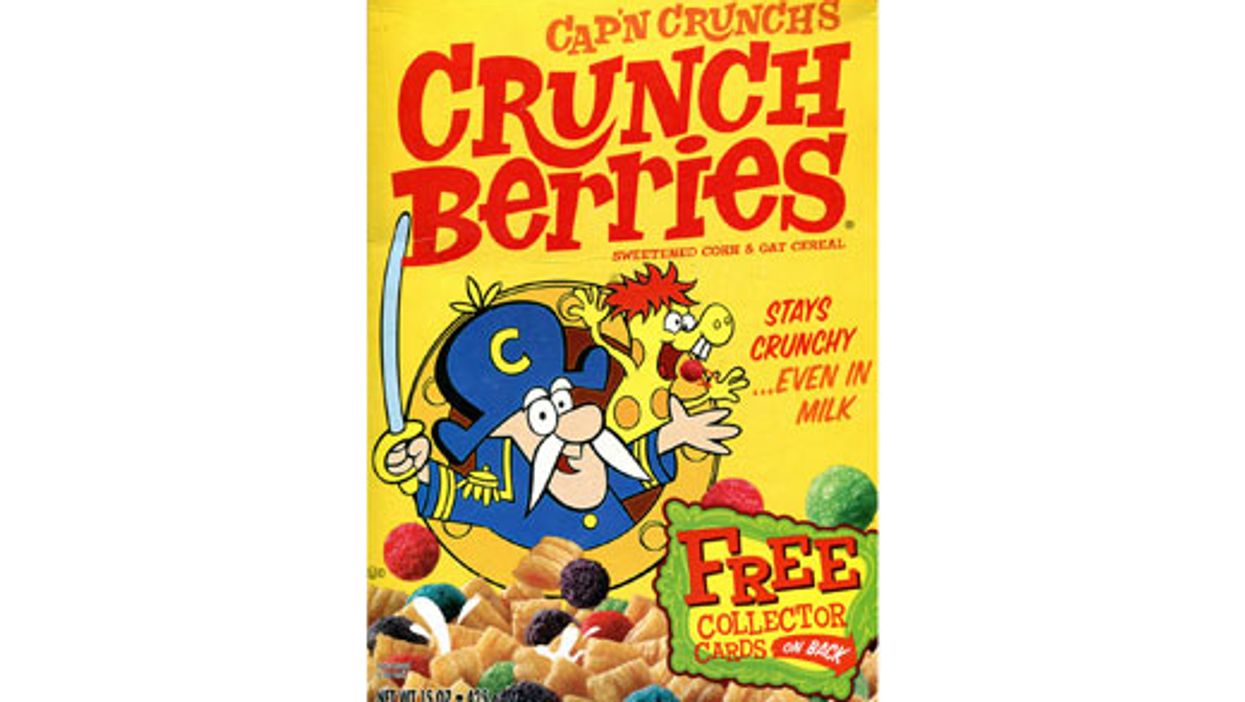



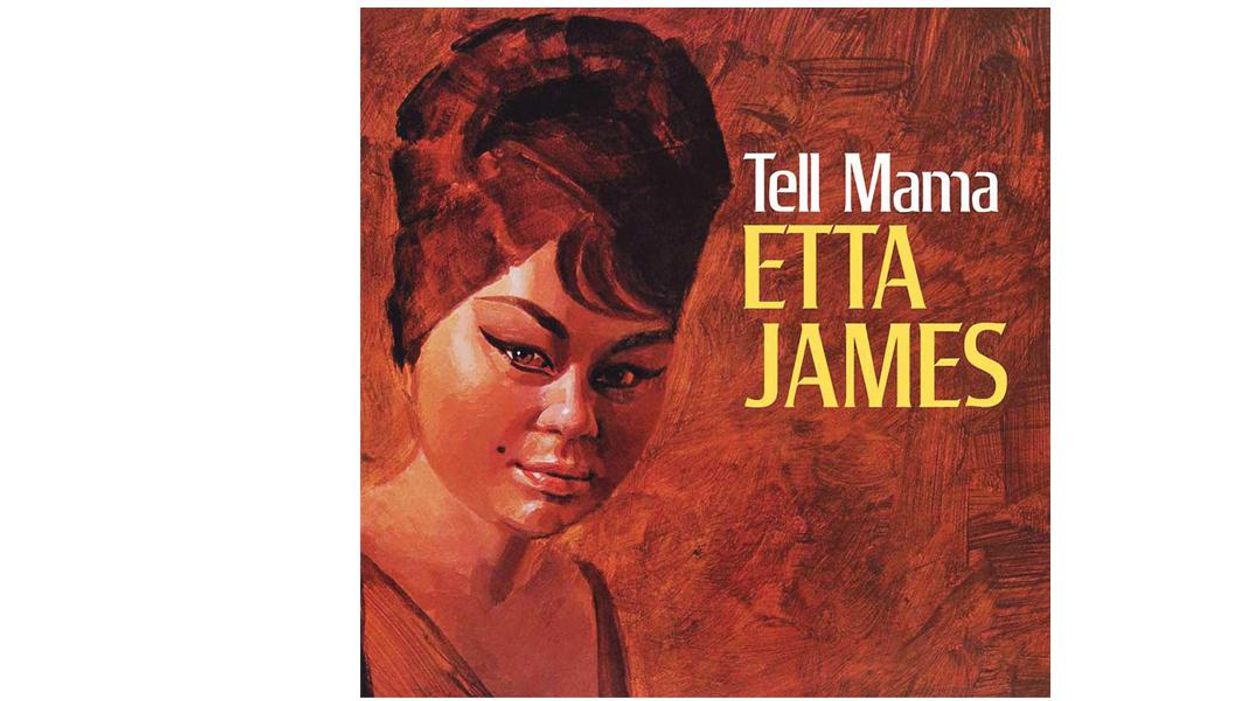


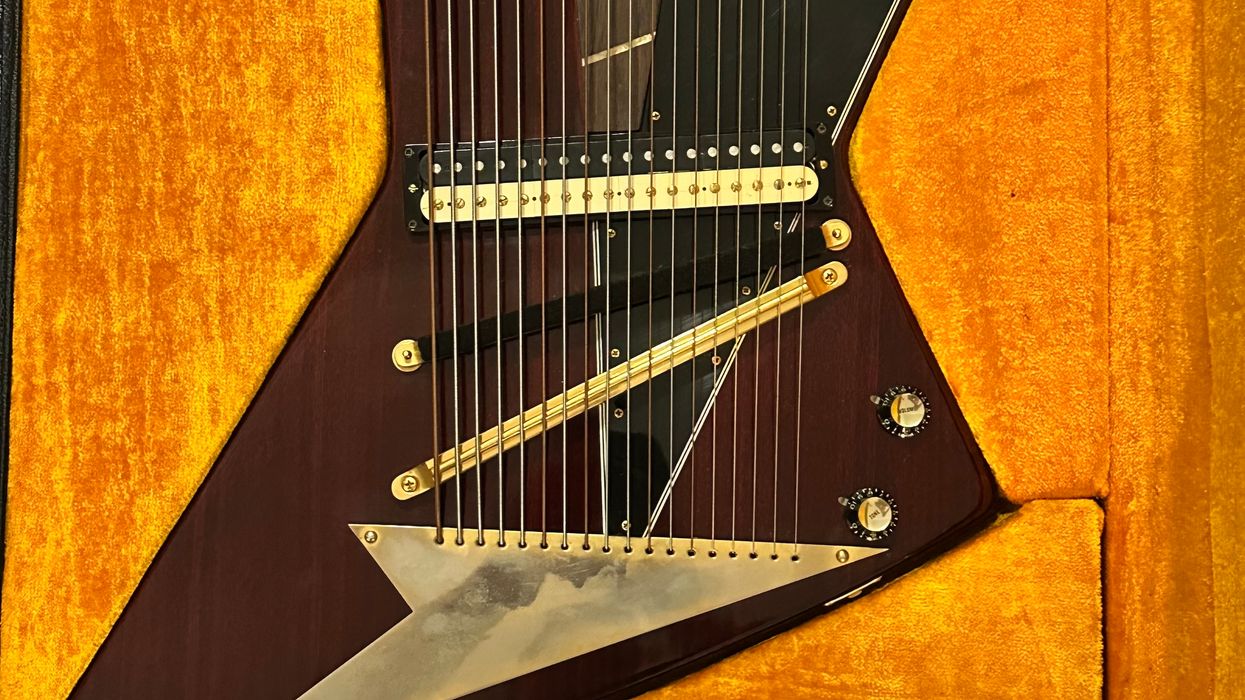

![Rig Rundown: Russian Circles’ Mike Sullivan [2025]](https://www.premierguitar.com/media-library/youtube.jpg?id=62303631&width=1245&height=700&quality=70&coordinates=0%2C0%2C0%2C0)


